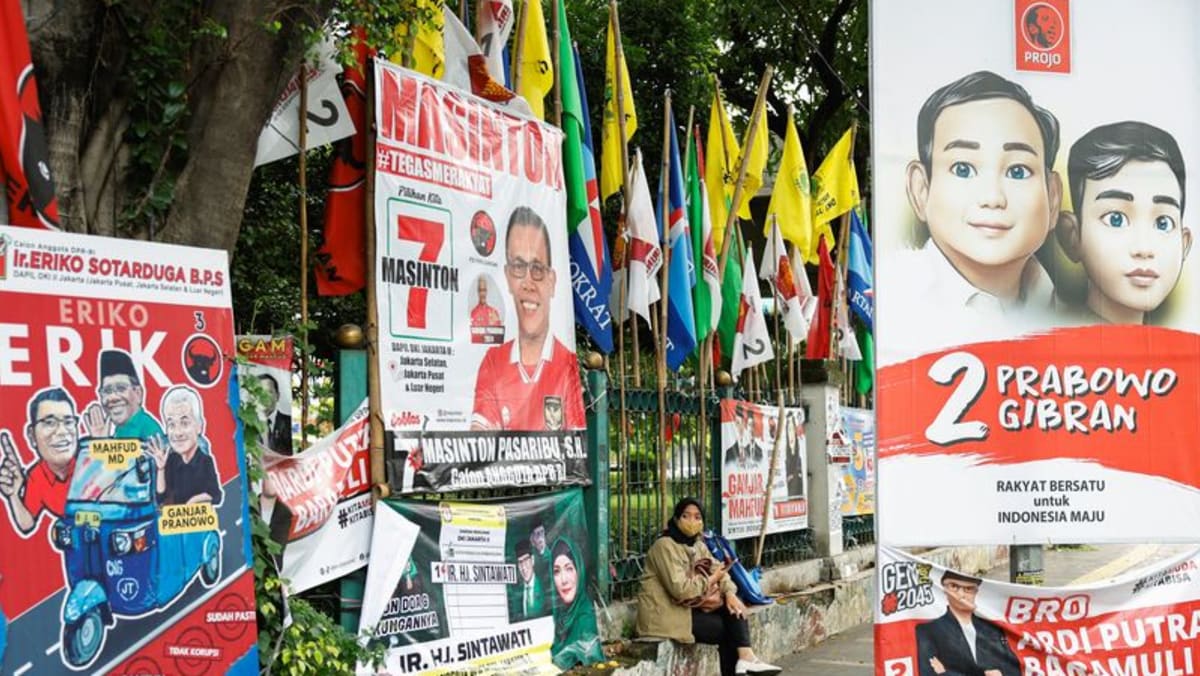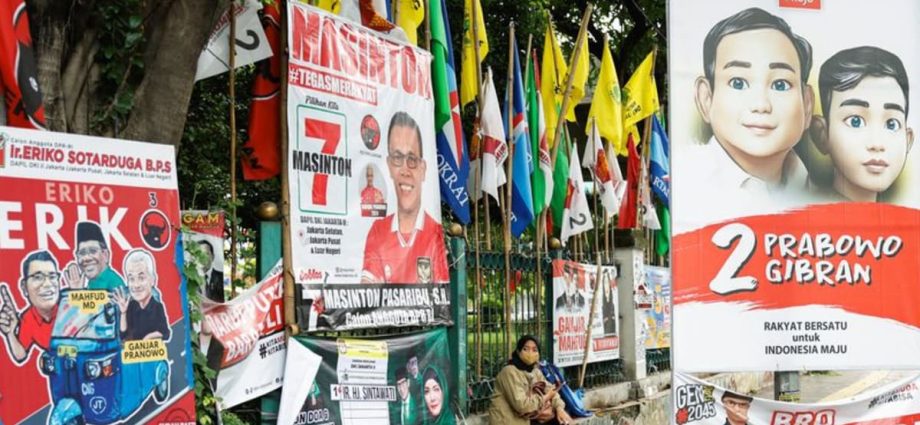
WHAT ABOUT THIS TIME AROUND?
So what are the prospects for women’s representation in the upcoming elections?
The barriers to women’s election have not changed and are unlikely to change in the short term. As a result, incremental progress is the best that can be hoped for.
Several women politicians were instrumental in the passage of the Anti-Sexual Violence Bill that passed last year. It’s possible that this increased visibility will give women a bump.
On the other hand, gender issues have not been central to the presidential or legislative campaigns so are unlikely to be uppermost in voters’ minds.
In fact, we may have reason to be more pessimistic. A seemingly minor change to the regulations on quota implementation means that for the first time in three elections, the requirement for a 30 per cent candidate quota will not be applied in every electoral district party list, but instead for the total number of women candidates of each party.
The changes date back to a controversial regulation issued by the Indonesian Electoral Commission (KPU) in April 2023. The regulation allowed rounding down when assessing the number of women a party has on a candidate list. For example, in electoral districts with eight seats, 30 per cent is 2.4 candidates. Previously, a party would have had to field three women candidates. Now, fractions can be rounded down if under 0.5, so in our example, parties are only required to field two women candidates.
A coalition of democracy and gender activists appealed against this regulation to the Supreme Court, and they won. But the electoral commission has indicated it will not enforce the court’s decision in this election. Democracy activists say that this means almost 18 per cent of party lists do not meet the requirement for 30 per cent women candidates.
It could be that these changes will have little impact. After all, we know that most candidates are elected from the first position on the list.
However, it sets a worrying precedent for women’s representation going forward. Our research shows the 30 per cent candidate quota for women is widely supported in Indonesia. Yet, it has effectively been watered down without public discussion and against the advice of the Supreme Court.
The actions of the electoral commission, apparently at the direction of a male-dominated parliamentary commission, underline again how the foundational institutions of Indonesian democracy are being eroded by the political elite.
Sally White is research fellow at Australian National University. This commentary first appeared in The Conversation.

